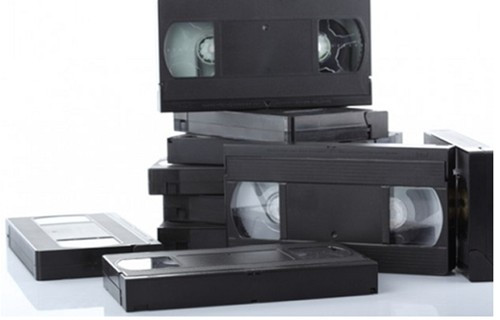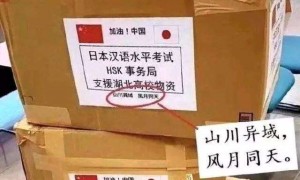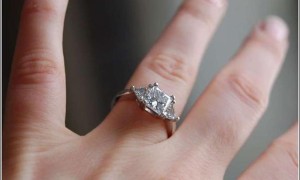导读:当今时代,新科技层出不穷,但与此同时,却有很多过时的技术在呜咽着离我们而去,被很多人遗忘的磁带录像机(VCR)也是其中之一。

Japan’s Funai Electric, which claims to be the world’s last VCR manufacturer, says it will cease production of the machines this month.
据悉,世界上最后一家录像机生产商——日本船井电子公司宣布,本月底将停止录像机产品的生产。
Funai started manufacturing video-cassette recorders in 1983, and at one point was selling 15 million units a year. Alas, the clunky VCR has since been replaced by an array of new technologies: DVDs, Blu-ray, and now, streaming video services.
船井电子公司自1983年开始生产盒式录像机,最高峰时一年售出1500万台。然而,随着像DVD、蓝光光碟以及现在的视频流媒体等一系列新科技产品的问世,这种磁带式录像机逐渐淡出了我们的生活。
Last year, Funai sold 750,000 units, and found it was getting harder to find the parts to make VCRs.
去年,船井电子仅售出75万盒式录像机,主要是因为“难以采购零部件”。
A Funai spokesperson said that customers have been to the company and asking where they can find the last few products.
船井电子的一位发言人说,还有客户到公司咨询哪里可以找到配件。
VCRs for home use were introduced in the 1960s, gaining traction after Sony brought lower-priced models to market. Other Japanese manufacturers, including Panasonic, RCA, JVC and Toshiba, were also instrumental in developing the VCR.
第一台家用录像机在上世纪60年代发布,在索尼将低价模型引入市场后,盒式录像机开始占据市场。其他的一些日本厂商,如松下电器、RCA、JVC以及东芝电子都为盒式录像机的发展作了一定的贡献。
The electromechanical device records, stores, and plays back television programs using a magnetic tape cassette.
这个设备使用盒式磁带记录、存储以及回放电视节目。
In 1984, the U.S. Supreme Court ruled that home use of VCRs to record television didn’t constitute a violation of copyright law, paving the way for an explosion of the technology in American homes.
1984年,美国最高法院裁定,家用录像机录制电视节目不构成侵权,为录像机技术在美国家庭的风靡一时铺平了道路。
For a time, a battle ensued between Sony’s Betamax and JVC’s VHS -- both VCR tape formats -- but VHS eventually won out.
曾有一段时间,围绕录像带的格式,索尼Betamax格式录像带和JVC公司的VHS(家庭录像系统)还经历过一场大战。最终,来自JVC的VHS胜出。







